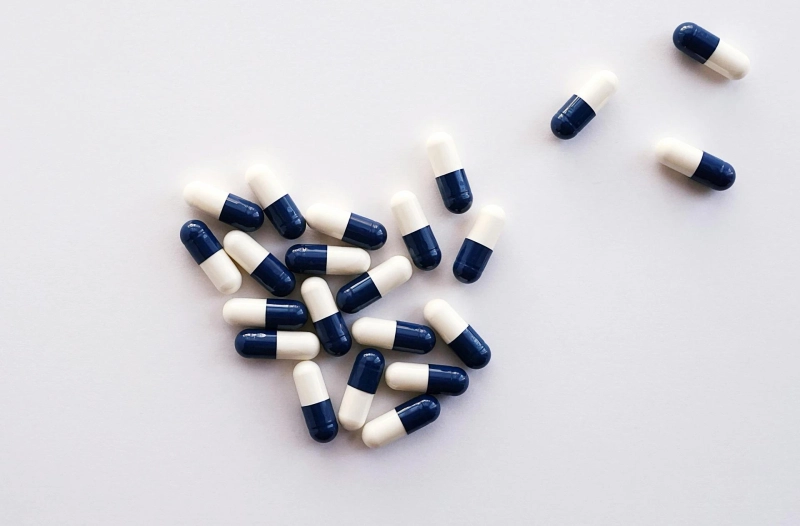Liquid-filled hard capsules (LFHCs) are an advanced drug delivery system that addresses key pharmaceutical formulation challenges. By improving drug solubility, ensuring precise dosing, and enhancing stability, these capsules provide a versatile solution for complex formulations. This article explores the key challenges liquid-filled capsules help resolve and important formulation considerations for their development.
How Liquid-Filled Capsules Address Common Formulation Issues
Enhancing Bioavailability of Poorly Soluble APIs
A significant proportion (70-90%) of new drug candidates suffer from poor solubility, which limits their effectiveness in traditional solid dosage forms. Liquid-filled capsules keep the drug in a dissolved state using lipid-based excipients, ensuring higher absorption and more predictable bioavailability.
Ensuring Uniformity for High-Potency, Low-Dose APIs
For highly potent APIs (HPAPIs) such as hormones and oncology drugs, precise dosing is critical. Powder-based formulations often struggle with uniform distribution, leading to inconsistent dosing. Liquid-filled capsules allow even dispersion of the API in a liquid or semi-solid state, reducing dose variability and minimizing operator exposure during production.
Overcoming Challenges with Low-Melting Point and Liquid APIs
Many APIs degrade or become unstable due to heat generated during conventional tableting or capsule-filling processes. Liquid-filled capsules bypass this issue by eliminating unnecessary processing steps, reducing the risk of heat-induced degradation, and maintaining drug stability.
Protecting APIs from Environmental Degradation
Drugs sensitive to moisture and oxygen may degrade over time, reducing efficacy. Encapsulating them in a liquid-filled hard capsule creates a protective barrier, often reinforced with stabilizing excipients, ensuring long-term stability and shelf life.
Key Considerations When Formulating Liquid-Filled Capsules
- Enhancing Solubility and Absorption: Lipid-based carriers and self-emulsifying drug delivery systems (SEDDS) enhance solubility and ensure the drug remains bioavailable.
- Choosing the Right Capsule Shell: Gelatin capsules may interact with aldehydic excipients, affecting dissolution. HPMC capsules eliminate these concerns and offer superior moisture control for sensitive APIs.
- Achieving Controlled Release: By incorporating gelling agents or semi-solid excipients, formulators can regulate drug release, ensuring prolonged therapeutic action.
- Optimizing Viscosity for Efficient Filling: The right viscosity prevents leakage, enhances filling efficiency, and ensures content uniformity, improving overall product stability.
Conclusion
Liquid-filled hard capsules provide an effective solution for addressing key pharmaceutical formulation challenges, from poor solubility to stability concerns. By carefully selecting excipients, optimizing drug release mechanisms, and choosing the right capsule material, pharmaceutical companies can enhance drug efficacy, improve patient outcomes, and streamline manufacturing processes.


